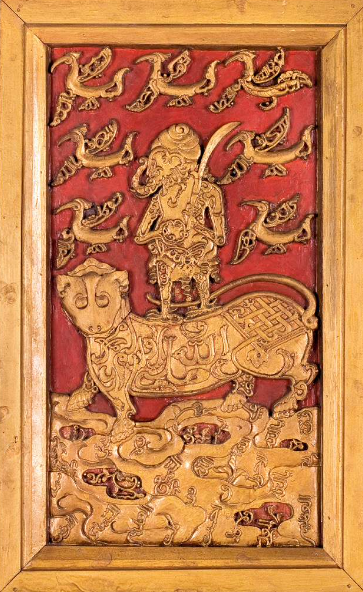Welcome to our newsletter, dear readers,
• We begin our monthly selection with Thomas Cleary’s translation of Dream Conversations on Buddhism and Zen, a collection of excerpts from letters by Muso Soseki, the “Nation’s Master” (kokushi) of 14th-century Japan, teacher of emperors and generals. These selections from his letters may be best described as a mystagogical anthology, that is they guide the disciple deeper into the mysteries, protecting and illuminating his discipline, illuminating obscure corners of the spiritual way and providing unexpected answers to common problems.
There are various mental phenomena and mental postures that obstruct the potential for true understanding. Because of their harmful and destructive nature, they are called demons or devils. These demons include greed, hatred, conceit, opinionated views, addiction to meditation states, pride in knowledge, desire for personal liberation for one’s own sake alone, sentimental compassion, anxious haste to attain enlightenment, idolizing teachers, rejecting the teaching because of finding fault with teachers’ external behavior, indulging in passions, and fearing passion. Anyone who wants to realize Buddhist enlightenment is obliged to examine his or her mind and heart for the devils.
• We continue with an instructional text by Chinul, one of the great masters of Korean Buddhism. Secrets on Cultivating the Mind, in the form of a dialogue, continues to be one of the most popular text of Seon (Zen) lineages in Korea.
You should not utter absurdities lightly; to be unable to differentiate the perverse from the noble is to be deluded and confused. Nowadays, you people who are training on the path chat about truth with your mouth, but in your minds you only shrink from it and end up falling into the error of underestimating yourselves by thinking that you do not share in the Buddha-nature. This is all that you are doubting. You train on the path but do not know the proper sequence of practice. You talk about truth but do not distinguish the root from the branches. This is called wrong view; it is not called cultivation. You are not only deceiving yourselves; you are deceiving others too. How can you not be on your guard against this?
Talismanic panel (tolak bala) with calligrams depicting the Earthly Angel
riding the Lion of Ali (Macan Ali).
• And we complete our selection with a chapter on a Javanese Sufi talisman of “The Earthly Angel” (Malaikat Lindhu), a fascinating example of cross-cultural and interreligious artistic exchanges. This particular tolak bala (disaster-repelling amulet) is an Arabic calligram of the Hindu elephant-headed Ganesha.
The Shattariyya name Earthly Angel suggests the imprint of Gana’s earlier role in Hindu yoga practices, where the elephant-headed god corresponds with the earth element. Indian tantric texts assign Ganesha to the lowest chakra of the body’s six centres of psychic energy and equate him with the kundalini energy, the awakening of which leads to spiritual perfection. The Shattariyya narrative of the Earthly Angel arising from earth to achieve “heavenly spirituality” remarkably resembles this mystical process.




